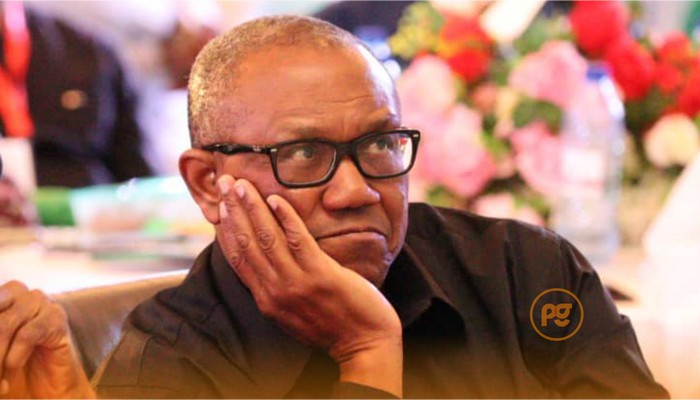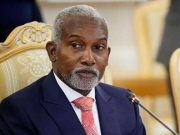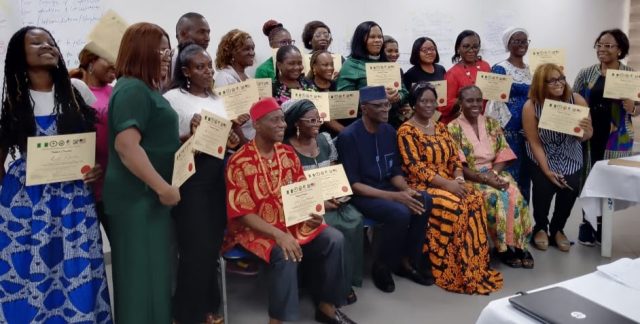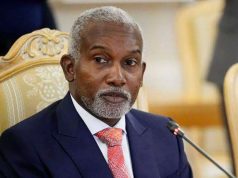The Federal Neuro-psychiatric Hospital Yaba, has trained stakeholders in child’s care management on both preventive and treatment approaches to harmful use of drugs and substances among children and young adolescents.
Speaking, Coordinator of the training, Dr Grace Ijarogbe, said the training course named: “Child Intervention for Living Drug-free (Child) Curriculum, otherwise known as “DapChild” was focussed on training parents, teachers, caregivers,, religious bodies, adoption agencies, family courts, policy makers, implementers and other stakeholders who handle/care for persons below 18 years.
Ijarogbe, also the Head, Child/Adolescent Centre, Federal Neuro-psychiatric Hospital, Oshodi Annex, explained that the programme originated from a training named “Colobo Plan Drug Advisory Programme,” which was run by the United States Department of Security, where Representatives’ were called from different continents.
She explained that the training was born out of necessity due to the fact that a lot of children and teenagers were going into use of substance and drugs abuse, saying that the development has became a burden to many parents and families.
According to her, the “DapChild” programme aims to help the stakeholders in childcare and other persons caring for young persons to build skills that can be used to appropriately communicate with children and young Adolescents; whether they are normal children or those who are exposed to risky drug environments or those who may already be using substances.
Ijarogbe added that the programme gives skills that help to screen and identify troubled children very early and skills to recognise subtle or overt signs of substance use in young persons.
“The “DapChild” treatment curriculum is relevant to those working in schools and other stakeholders in ‘Minor’ Care.
“It is very important for those who work in schools and correctional facilities, to caregivers, parents, religious bodies, adoption agencies, family courts, policy makers & implementers and other stakeholders who handle persons below 18 years.
“It helps to understand why young people believe and behave the way they do. It is a very vast curriculum that covers many areas of worry in our contemporary world when it relates to young persons, especially those who may be using drugs and substances in a harmful way.
“The DapChild Curriculum is more than Substance Abuse Issues because it teaches one how to raise a well rounded, well balanced, mentally resilient and healthy child.
“It also teaches one how to build healthy relationships with young persons; how to understand them, relate with them, read them, detect those in trouble on time, as well as to manage the caregivers and parents around these children so they do not become or continue to be the unwitting sources of trauma to them,” she said.
The Consultant Psychiatrist noted that the DapChild curriculum has both preventive and treatment approaches and was considered quite optimal for school children, as well as for children from the cradle, through primary school into their secondary school years.
She therefore, urged the participants properly utilize the opportunity to upscale their knowledge on childcare management, in order to take the knowledge down to their different bases/stations to train others.
According to her, the idea is to train and equip the participating stakeholders with the requisite knowledge such that they can return back to their different stations to train others.
“The whole idea is to train the participating stakeholders to enable them go back to their different bases and stations to train others.
“So, it’s a train-the-trainer programme with focused on how to raise a well rounded, well balanced, mentally resilient and healthy child, to thereby make our society better,” she added.










































